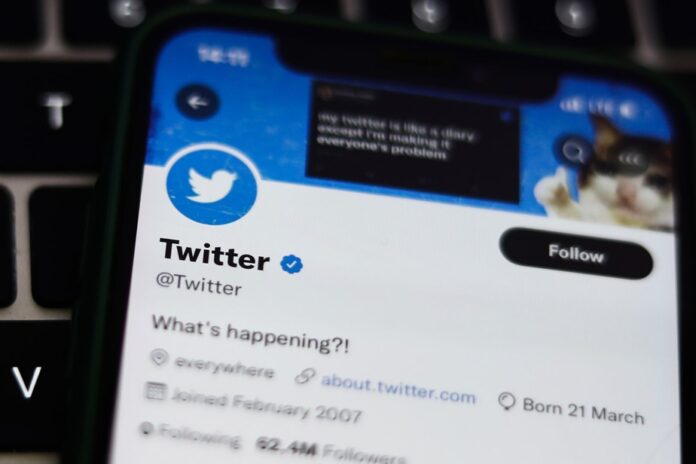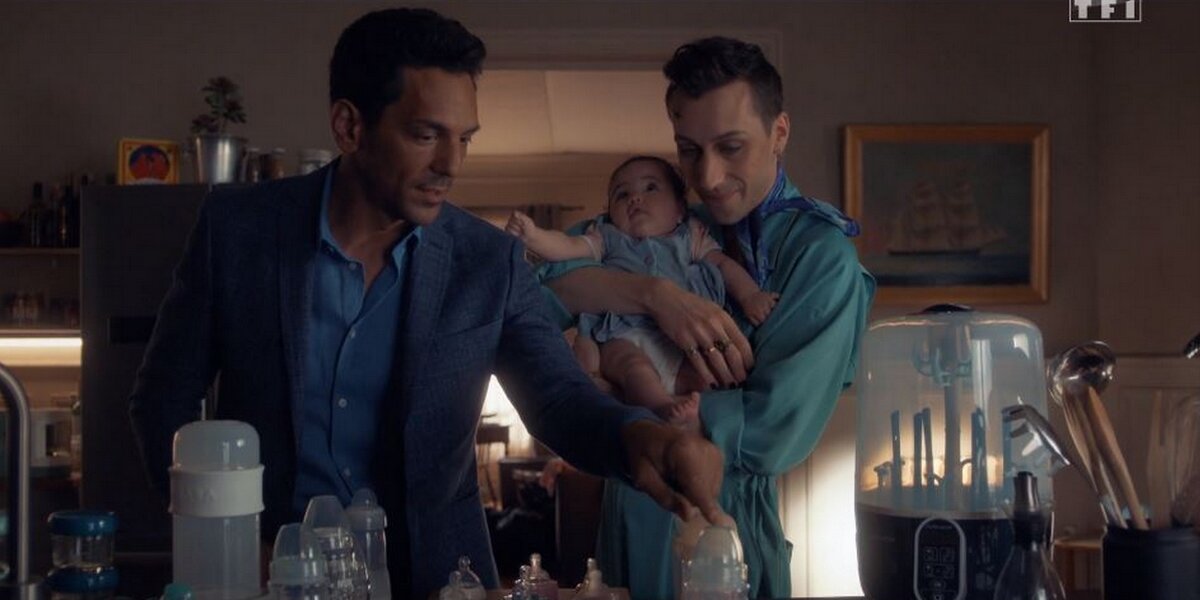(San Francisco) What do the Pope, Donald Trump and Beyoncé have in common? The three of them lost their blue tick on Twitter on Thursday, once a guarantee of credibility, as the platform finally followed through on Elon Musk’s threat and removed the badge from those who refuse to pay.
The social network was rapidly changing pace as accounts lost this distinctive mark, obtained in the past after verifying the identity of the user and subject to certain conditions, including notoriety.
The badge has thus disappeared from the accounts of personalities such as Justin Bieber, Cristiano Ronaldo, Bill Gates or Lady Gaga, as well as those of many journalists, professors and activists. Even @jack, the account of Twitter co-founder Jack Dorsey, has been stripped.
On the side of politicians, many elected officials have also lost it, but some have obtained the gray check mark, reserved for accounts of the government or certain organizations. This is the case of Kevin McCarthy, the boss of the Republicans in the American House of Representatives.
The blue badge now flags users who pay eight dollars a month to have this distinction and other benefits of “Twitter Blue” (more visibility, technical privileges, fewer ads), such as Donald Trump Jr. or the Dalai Lama .
“I know I’m going to be judged for having the blue tick, but too bad, I need the button to edit my tweets,” tweeted Marques Brownlee, a content creator followed by 6 million users. .
Others expressed their astonishment, such as bestselling author Stephen King, followed by 7 million people.
“My Twitter account says I subscribed to Twitter Blue. It’s wrong. My Twitter account says I gave a phone number (for authentication, editor’s note). This is wrong,” he said on the platform Thursday.
The writer had already been outraged in early November, believing that it was more up to the network to “pay him” to tweet.
The changes related to the new authentication system are causing chain controversy on the platform.
US public radio NPR recently left the site after being labeled “U.S. state-affiliated media” and then “government-funded media”, as did CBC/Radio-Canada.
“Twitter verified”, the paid subscription account for Twitter Blue, warned on Wednesday that the social network would withdraw the next day the blue badges obtained before Elon Musk bought the company at the end of October and imposed his vision. contrary to the previous philosophy.
“To stay authenticated on Twitter, individuals can subscribe to Twitter Blue here,” the official account said.
The date was not chosen at random: April 20, pronounced 4/20 in English, is synonymous with cannabis in the United States. And the boss of Tesla and SpaceX loves jokes on this subject, to the point of having bought the platform at 54.20 dollars per share.
The multi-billionaire had to try several times to launch Twitter Blue, causing cacophony and confusion. In November, he said he wanted to “give more power to the people” and abolish “the current system of lords and peasants, between those who have the blue tick and those who do not”.
“Messages from verified accounts will show up by default,” he explained, while tweets from people who haven’t paid will be treated much like “spam” in an inbox – a folder that the you “can always go for a consultation”.
According to him, the subscription must also make it possible to fight against false profiles and automated accounts, and to diversify income, while many brands have fled the platform.
Between November and January, half of the top 30 advertisers on Twitter had stopped buying ad space there, according to Pathmatics.
Brands are reluctant to spend on a platform “where chaos, arbitrary change and uncertainty reign,” Jasmine Enberg of Insider Intelligence explained last week.
According to this research firm, Twitter revenue will drop 28% this year. And the analyst doesn’t think Twitter Blue will make up for the shortfall.
“The blue tick is no longer a guarantee of credibility,” since anyone can pay for it, she pointed out.
“It represents having influence on a platform whose cultural relevance is deteriorating, and support for Musk. Individuals and organizations that had previously been authenticated have no reason to pay, and many users don’t want to appear to support Musk.”















